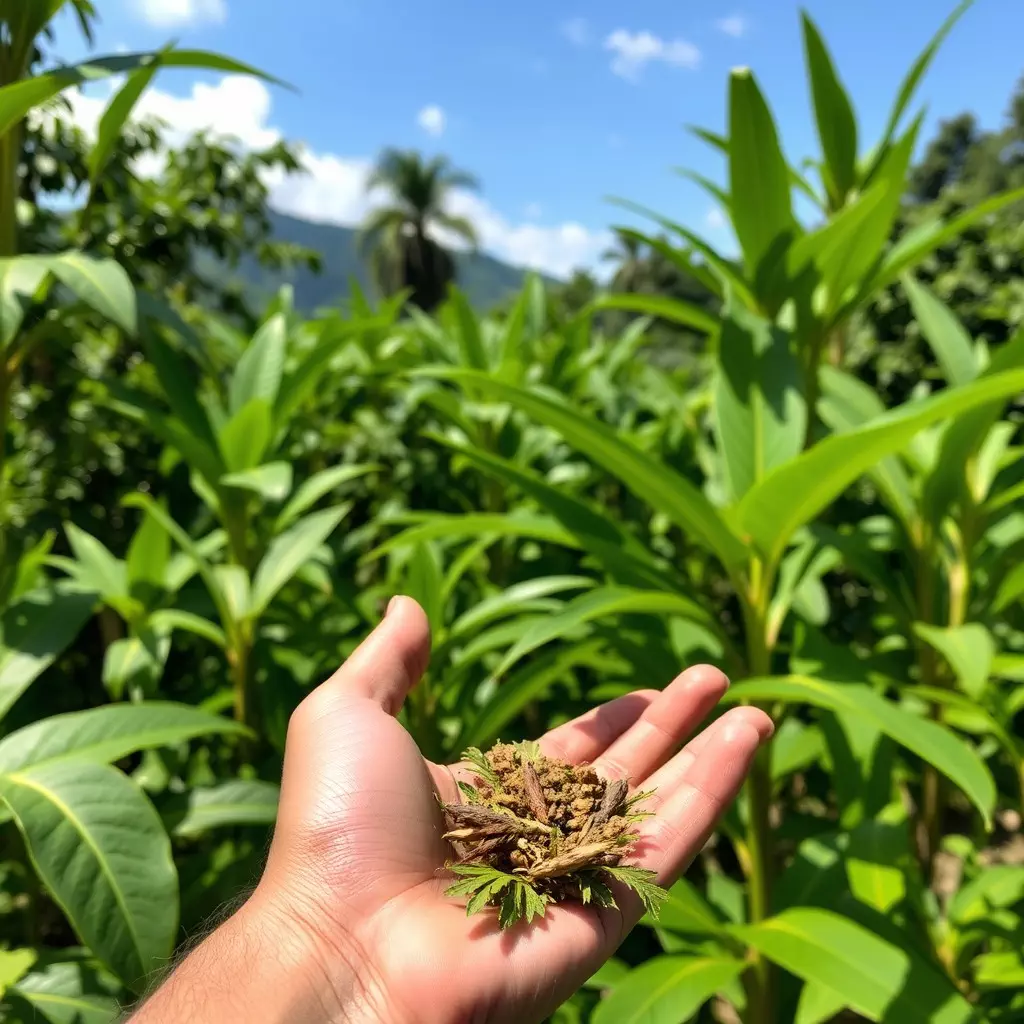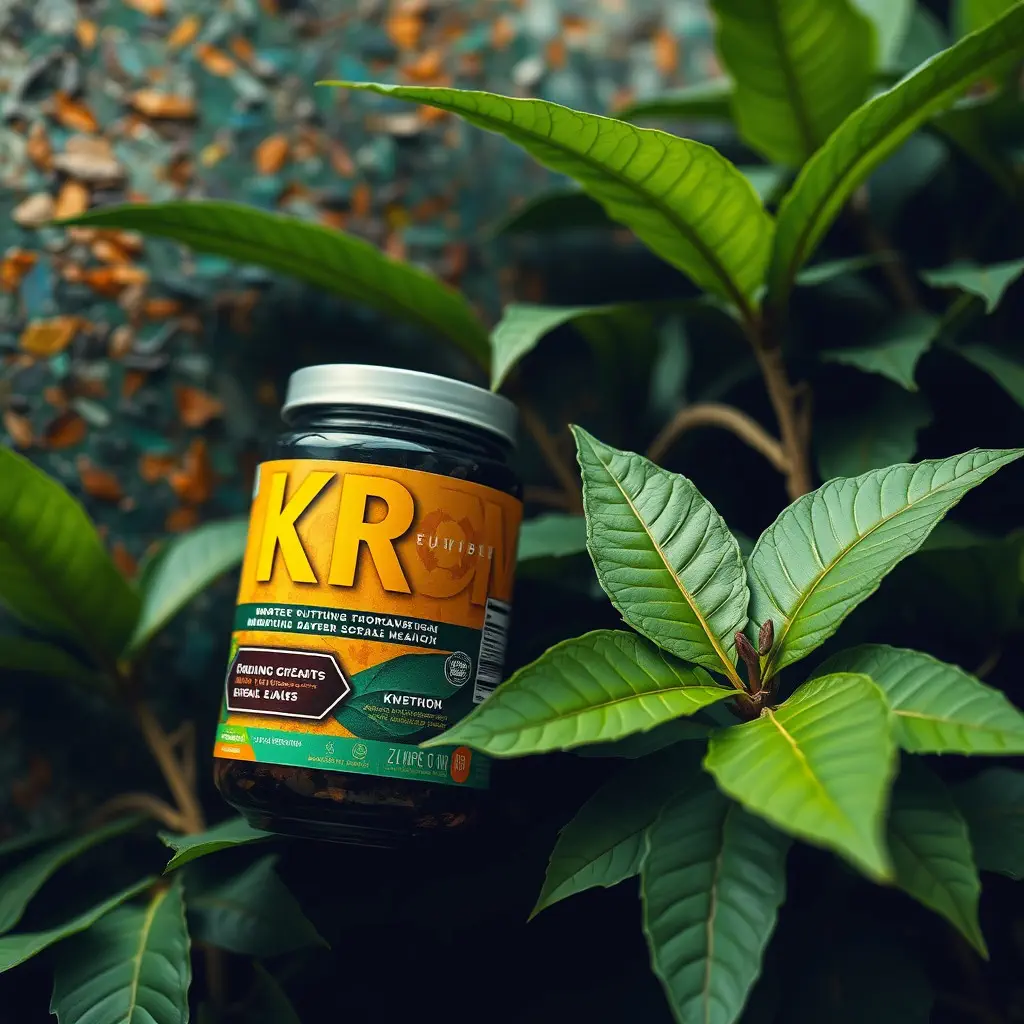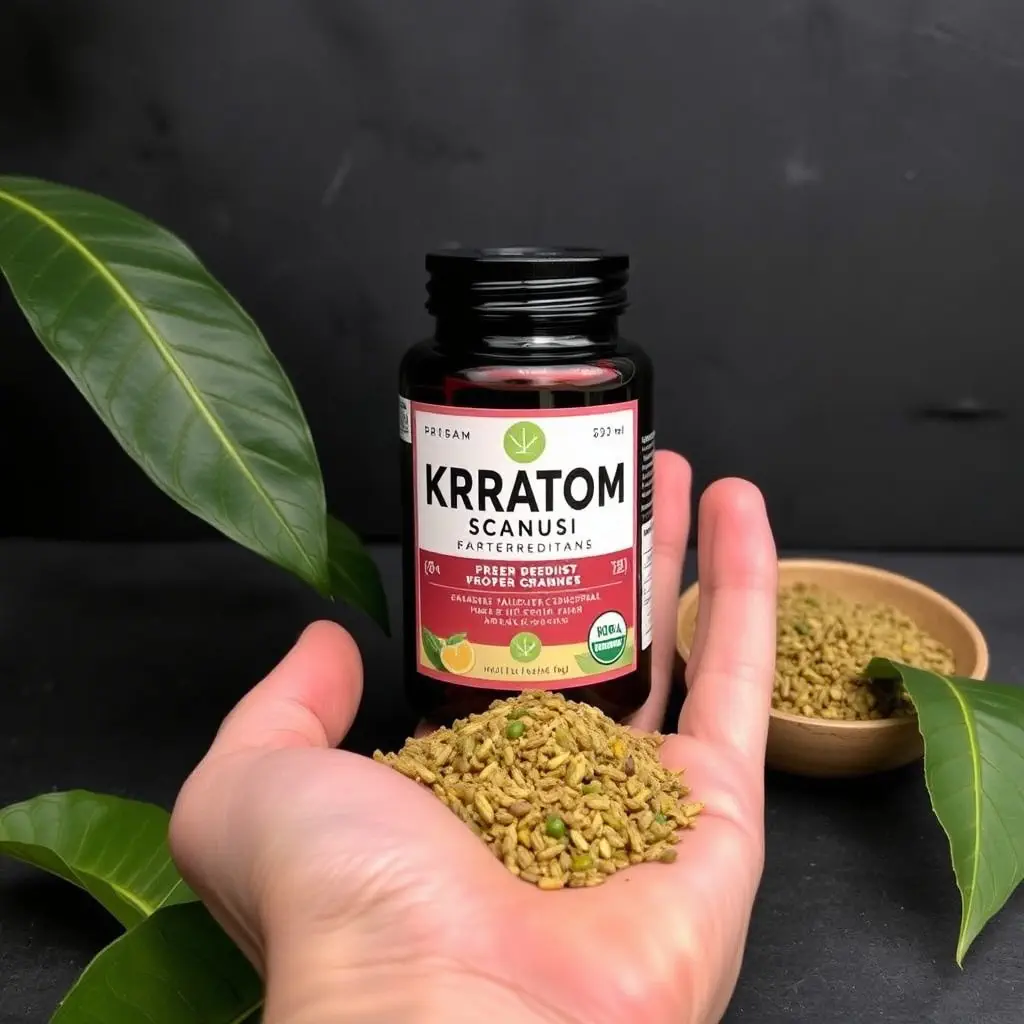The "Guide To Kratom Capsules" provides a comprehensive overview of incorporating these supplements into a sports nutrition regimen. Kratom, derived from the Mitragyna speciosa tree, offers traditional benefits as both a stimulant and pain reliever, which can be advantageous for athletes seeking to enhance their performance and recovery. The guide outlines the potential of Kratom capsules to elevate energy levels, alleviate pain, and improve focus and mood in athletes, while also noting their role in supporting immune health and mitigating the effects of overtraining syndrome. It emphasizes the importance of consulting healthcare professionals due to Kratom's potency and varying legal status. The guide also highlights the necessity for precise dosing, as effects can vary among individuals, and provides advice on timing intake optimally for training activities. Athletes are cautioned to educate themselves on the safe and effective use of Kratom capsules, considering both its health implications and potential impact on athletic performance. The guide serves as a critical resource for those looking to understand the complexities of Kratom's influence on sports nutrition, advocating for a careful and informed approach to its use in an athletic context.
Embarking on the intersection of sports nutrition and natural supplementation, this article serves as a comprehensive guide to integrating kratom capsules into athletic regimens. We delve into the intricacies of understanding how these capsules can enhance performance and aid in recovery, backed by scientific evidence. Whether you’re a seasoned athlete or an enthusiastic fitness newcomer, this piece will elucidate the potential benefits and proper usage within an athlete’s dietary plan, offering clear insights into the role kratom capsules can play in optimizing your sports nutrition strategy.
- Understanding Kratom Capsules and Their Role in Sports Nutrition
- Integrating Kratom Capsules into an Athlete's Dietary Plan
- The Science Behind Kratom's Effects on Athletic Performance and Recovery
Understanding Kratom Capsules and Their Role in Sports Nutrition

Incorporating Kratom capsules into a sports nutrition regimen can be a nuanced endeavor, requiring a deep understanding of their pharmacological effects and nutritional implications. Kratom, derived from the Mitragyna speciosa tree, has been traditionally used in certain cultures for its stimulant and analgesic properties. In the context of sports nutrition, Kratom capsules may offer athletes a range of benefits, including enhanced energy levels, pain management, and potential improvements in mood and focus. It’s crucial for individuals to consult with healthcare professionals before integrating Kratom into their dietary routine due to its potent nature and varying legal status across regions.
The Guide To Kratom Capsules emphasizes the importance of dosage precision to achieve the desired effects, which can vary widely among users based on individual physiology and metabolism. Athletes looking to use Kratom capsules should consider the timing of their intake in relation to training sessions, as some strains may promote alertness and stamina, while others might aid in recovery and stress relief post-exercise. Additionally, the role of Kratom in sports nutrition is not solely limited to performance enhancements; it also contributes to overall well-being by potentially supporting immune health and reducing symptoms associated with overtraining syndrome. Proper education on the use of Kratom capsules is essential for athletes to safely leverage this botanical supplement within their sports nutrition plan.
Integrating Kratom Capsules into an Athlete's Dietary Plan

When considering the integration of Kratom capsules into an athlete’s dietary regimen, it’s crucial to approach this topic with a balance of caution and openness to the potential benefits. Kratom, derived from the leaves of the Mitragyna speciosa tree, has been used traditionally in certain cultures for its stimulating and sedative effects. For athletes looking to enhance their performance or manage pain, a guide to Kratom capsules can serve as a valuable resource when used responsibly and with proper oversight from healthcare professionals.
It’s essential to understand that Kratom’s alkaloids—mitragynine and 7-hydroxymitragynine—may interact with the body’s systems affecting energy levels, pain sensitivity, and mental focus. These effects can be beneficial when aiming for improved athletic performance, as they may help athletes train harder and recover faster. However, due to the complexity of individual responses to Kratom, it’s imperative to tailor its use to each athlete’s specific needs, physiology, and the sport in question. A guide to Kratom capsules should outline the optimal dosing strategy, potential side effects, and the importance of regular monitoring for any adverse reactions. Athletes should also be informed about the legal status of Kratom in their jurisdiction, as it varies by location, which could impact its inclusion in a sports nutrition plan. By following a guide to Kratom capsules and consulting with experts, athletes can explore this supplement’s role in their dietary plan with a clear understanding of its implications for health and performance.
The Science Behind Kratom's Effects on Athletic Performance and Recovery

Kratom, a tropical tree native to Southeast Asia, has garnered attention in the realm of sports nutrition due to its potential effects on athletic performance and recovery. The science behind kratom’s influence on physical activity is rooted in its alkaloid content, particularly mitragynine and 7-hydroxymitragynine, which interact with opioid receptors in the body. These compounds are known to modulate pain perception, enhance mood, and potentially increase stamina and endurance, which can be advantageous for athletes looking to push their limits. Incorporating kratom capsules into a pre-workout routine may help users feel more energetic and focused during training sessions, thereby optimizing performance.
Furthermore, the anti-inflammatory properties of kratom could play a role in post-exercise recovery. By helping to reduce inflammation and pain associated with muscle soreness, kratom may aid in a faster and more efficient recovery process. Additionally, its analgesic effects can be beneficial for managing acute or chronic pain, allowing athletes to maintain a consistent training schedule without the interference of discomfort. However, it’s crucial for individuals to approach the use of kratom with caution, adhering to recommended dosages and consulting with healthcare professionals to ensure safety and efficacy, as the long-term effects and interactions with other substances, including those used in sports supplementation, are still under investigation. A guide to kratom capsules should therefore include detailed information on proper usage, potential risks, and individual sensitivity, ensuring that athletes can make informed decisions about incorporating this natural substance into their sports nutrition regimen.
In conclusion, the integration of kratom capsules into sports nutrition presents a multifaceted approach that can potentially enhance both athletic performance and recovery. As outlined in this guide to kratom capsules, their role is nuanced and requires careful consideration within an athlete’s dietary plan. The scientific evidence suggests that when used responsibly and as part of a balanced regimen, kratom can offer benefits for stamina, pain management, and possibly even mental focus during training. Athletes seeking to incorporate these capsules should consult with healthcare professionals to ensure safe and effective use. Ultimately, the potential advantages of kratom in sports nutrition warrant further research, but it stands as a promising addition to the nutritional toolkit for athletes looking to optimize their performance.






